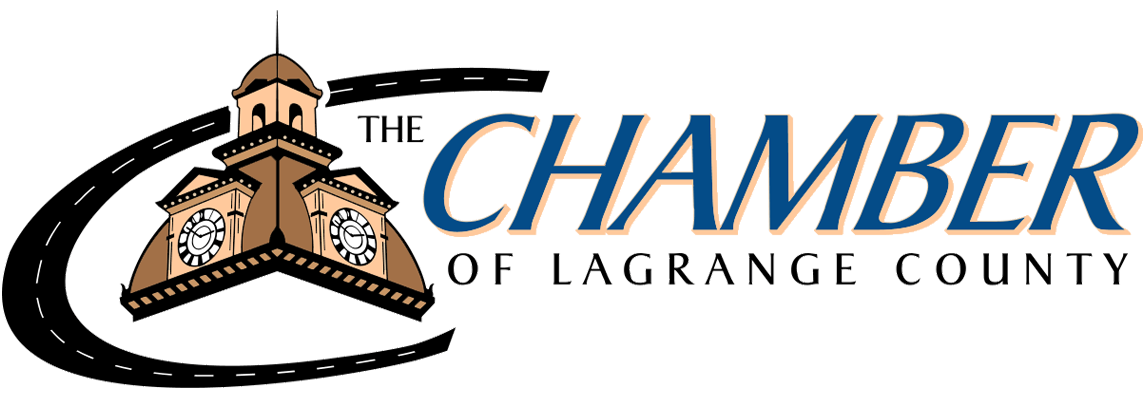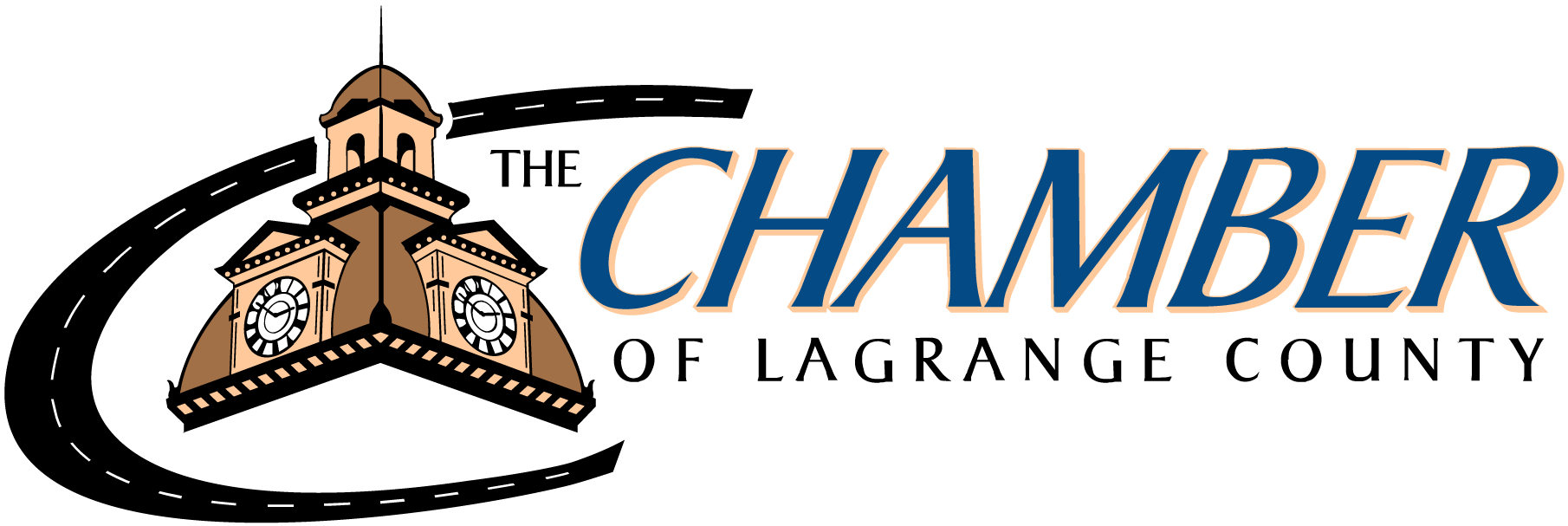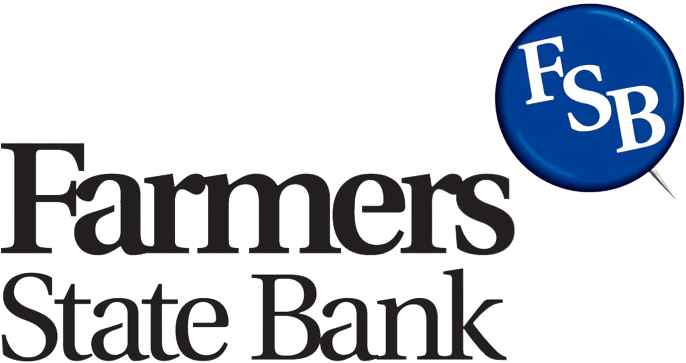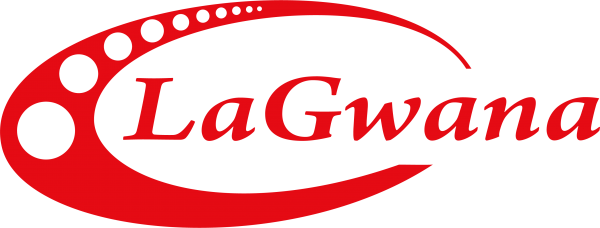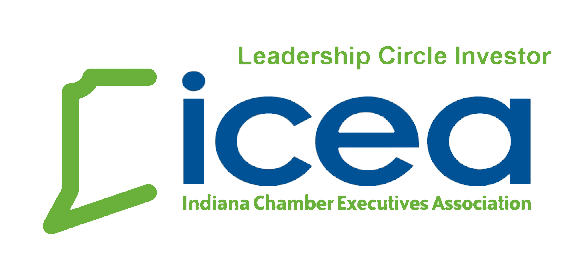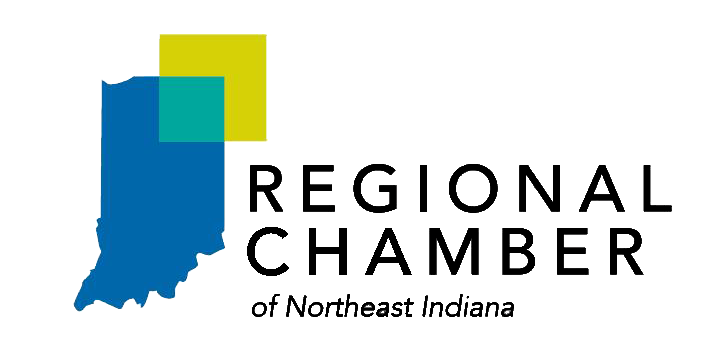Legislative Update - January 17
School Deregulation Measure Gets Early House Consideration
HB 1002 / Chamber Supports
Relieving school districts from some unnecessary and contradictory regulations is the goal of a House Republican priority bill heard this week in the House Education Committee. House Bill 1002, authored by committee chair Rep. Robert Behning (R-Indianapolis), is the first step in a multi-year effort to streamline the state’s school regulatory code.
Indiana Code Title 20 encompasses a mass of regulations for state and local school operations, including additions over the years of outdated and expired provisions, programs and bodies created without necessary funding, duplicative and contradictory regulations. The burden for local schools to navigate and comply is often costly in time and dollars better spent in the classroom.
The Chamber testified in support of HB 1002, along with a host of public school organizations, as an important first step in a multi-year initiative to seriously study and restructure the state’s bloated school regulatory code. As Rep. Behning has explained, this year’s first bill is arguably the “low-hanging fruit,” but an important first step.
Farmland Tax Reform Shifts Burden to Indiana Businesses
HB 1192 / Chamber Neutral
The House Ways and Means Committee heard testimony this week on House Bill 1192, authored by Rep. Kendell Culp (R-Rensselaer). This is an Indiana Farm Bureau priority bill that proposes adjustments to Indiana’s farmland assessment formula, including the exclusion of the two highest market value years in the six-year rolling average – effectively making it a four-year average – and an increase in the capitalization rate. These changes would lower farmland assessed values, providing significant property tax relief to agribusinesses. The bill has been held for later consideration.
Testimony on the bill was neutral, focusing on its broader implications for Indiana’s property tax system. The need for comprehensive evaluation was emphasized, recommending that this and related bills be combined to ensure the net impact to all taxpayers is fully understood. Without such consideration, reforms may result in unintended tax shifts that disproportionately burden other property types.
This measure is projected to reduce farmland assessed value by $9.2 billion for taxes payable in 2027, leading to an estimated $33.2 million reduction in local government revenues – primarily due to tax cap losses. This reduction in assessed value will shift the tax burden to other property types, particularly businesses, which will face higher tax rates. Commercial and industrial property owners are likely to experience a notable increase in their share of the property tax burden.
While certainty and stability for agribusinesses is important, reforms must not disproportionately impact Indiana’s broader business community. We will continue engaging stakeholders to advocate for a balanced approach that supports Indiana’s long-term competitiveness and economic growth.
Social Media Bill Likely to Have Unintended Consequences
SB 11 / Chamber Opposes in Part
On Wednesday, the Senate Judiciary Committee passed by a margin of 10-1 legislation that requires parental consent for anyone under 16 years old to access social media.
No question, unfettered access to the internet can be harmful to the mental health of children. The Cleveland Clinic agrees, citing a study that found “children younger than 11 years old who use Instagram and Snapchat are more likely to have problematic digital behaviors like having online-only friends and visiting sites parents would disapprove of, as well as a greater chance of taking part in online harassment.”
However, Senate Bill 11, authored by Sen. Mike Bohacek (R-Michigan Shores), arguably goes too far with respect to burdening “social media operators” with the task of requiring parental consent before underage users access their platform and identifying – and immediately barring – underage users who unlawfully access their site without parental consent.
There are constitutional concerns as well. Last year, a federal court deemed Ohio’s bill, which is very similar to SB 11, unconstitutional in part because enforcement would likely impose age verification for all users, which courts have repeatedly rejected as a prerequisite for accessing speech. The lone dissenting vote came from Sen. Greg Taylor (D-Indianapolis), who cited feedback from his constituents based on this exact concern.
While most can agree with the underlying policy – to protect minors from harmful material online – questions remain about SB 11’s means to this end.
The Chamber continues discussing with lawmakers the need to send the bill to a summer study committee. In addition to ongoing federal litigation that needs to be resolved, we feel the bill lacks basic protections for social media companies that are compliant – or are willing to comply – with industry best practices that protect minors from harmful material on their platforms.
Senate Considers Water Pipeline and Transfer Regulations
SB 4 / Chamber Supports
The Senate Utilities Committee heard Senate Bill 4 this week. The bill is authored by Sen. Eric Koch (R-Bedford) and addresses water management policies for the state. The Chamber testified in support, highlighting the regulatory clarity and resource protection it ensures.
The legislation prohibits the construction and operation of long-haul water pipelines – those transporting over 30 million gallons daily over 30 miles – without approval from the Indiana Utility Regulatory Commission. This requirement ensures infrastructure projects align with public and environmental priorities.
It also regulates interbasin water transfers exceeding 100,000 gallons daily between 10 specified water basins in the state. Entities must secure permits from the Department of Natural Resources, ensuring a clear framework for compliance and enforcement. This approach provides certainty to water utilities and significant water users while safeguarding Indiana’s water resources.
The bill was held for further consideration at a later date, and the Chamber remains engaged in discussions around any proposed changes.
